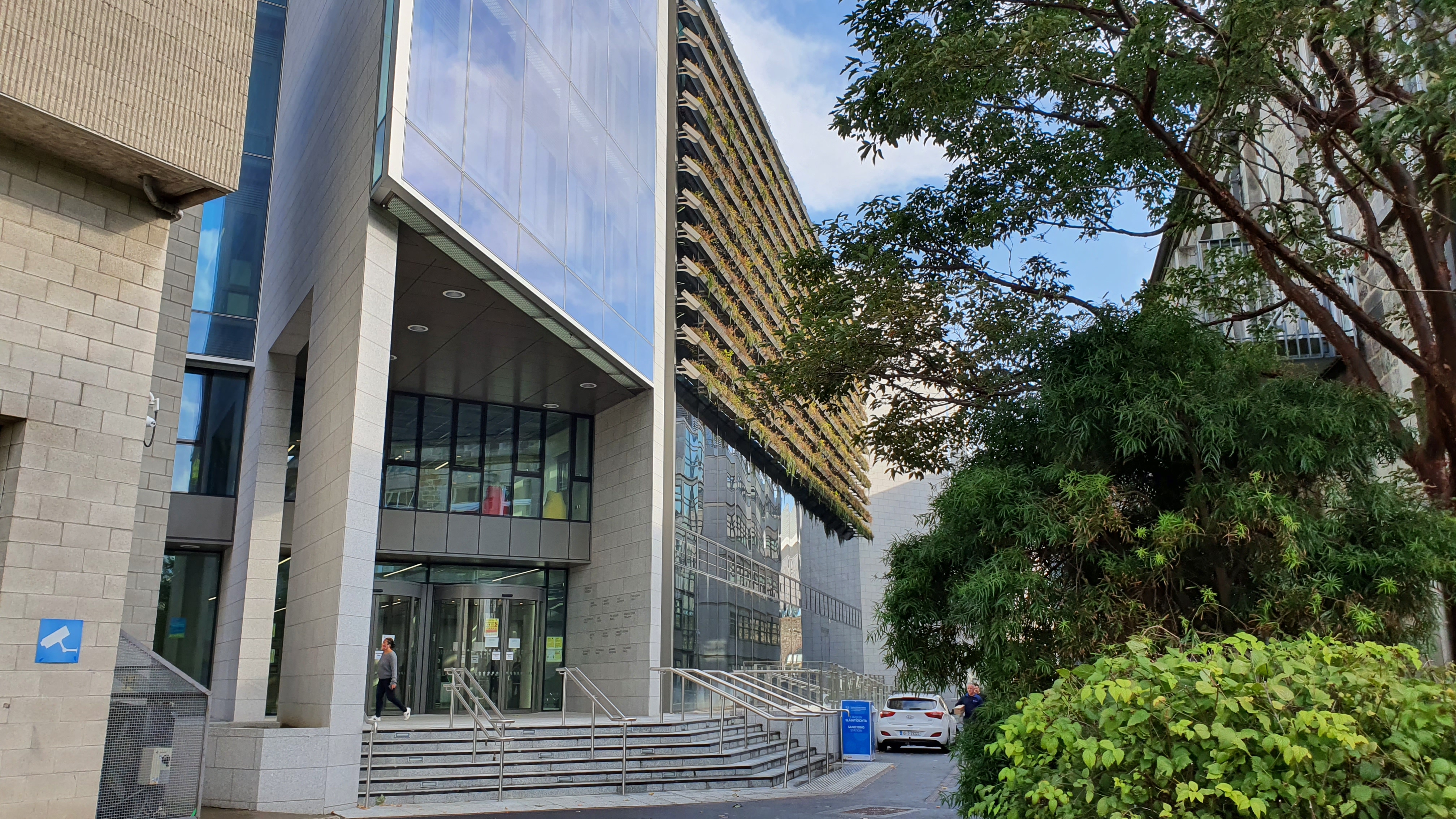Benjamin Franklin once said that there are two certainties in life: death and taxes. For students enrolled in this university, it may be more apt to say there are three: death, taxes, and the incompetence of College administration. There have been opinion articles posted in the pages of this newspaper for the last three years running, and several times before that, on the annual inability of Trinity to provide basic timetable information in a timely manner.
This year though, College’s woeful lack of communication about the return to campus (following Simon Harris’ assertion that the amount of in-person teaching would be left up to individual higher education institutions) has added insult to injury for students trying to organise accommodation, work hours, or indeed anything.
In August, module enrolment for second and third year students was delayed by two hours with no forewarning from College. Enrolment was initially scheduled to be in July, before being pushed forward to an unspecified date in August, which was then tied down as August 19 with one week’s notice. The same occurred last year, in which enrolment was delayed by thirty minutes, again with no warning from College.
When module registration operates on a first-come-first-served basis, and especially when many students have jobs, children or other responsibilities that prevent them waiting by the computer all day, this is unacceptable. College’s incompetence here is twofold; not only do they refuse to adequately organise what they know is an annual process, but they can’t, or perhaps won’t, learn from their mistakes.
While students have come to expect the worst from Academic Registry (AR), the lack of guidance for students on the return to campus from College itself has also been enormously frustrating. While protecting public health in the age of Covid-19 must take precedence over everything, Simon Harris’ promise that campus life could resume in-line with broader national re-opening has not materialised.
For example, students availing of College accommodation this year are not permitted to mix with even one other household in their apartment, despite the fact that fully vaccinated adults may mix in private residences under current government restrictions.
As well as this, the organisation (and indeed very existence of) Senior Freshers’ Week, beginning yesterday, has been a prime example of College’s scattergun approach to both Covid-19 restrictions and student life more generally. While the week of September 6 to September 10 theoretically serves as a Freshers’ Week for those who missed out on one due to the pandemic, the late notice from College on what this would entail severely hampered this in practice.
More than that, the preferential treatment granted to Trinity College Dublin Students’ Union (TCDSU) with regards to booking spaces and events, meant other capitated bodies such as the Central Societies’ Committee (CSC) missed out on the ability to welcome senior freshers to College. The initial assertion that Senior Freshers’ Week would be primarily online was then directly contradicted by Trinity Ents’ schedule of in-person events. This rightfully confused and frustrated many society and club committee members, who had been provided with little guidance from the CSC. This isn’t the latter’s fault though, but rather a consequence of the fact that they in turn had received mixed messages from College.
Further confusion with regards to teaching and learning ensued when the School of Psychics announced on August 19 that College-wide restriction on large lectures would last until November 1. This information was given in an email to physics students, but on August 20, College claimed that despite what the email said, this only applied to that School. Then on August 27, College again contradicted itself by publishing a two-phase plan for the resumption of on-site teaching which confirmed restrictions would relax on November 1.
While rapidly changing public health guidelines render forming plans very difficult, an institution which prides itself on excellence of every kind and is obsessively concerned about maintaining its place in university rankings should do better. It is frankly embarrassing that College is reduced to leaking information and either lying or being mistaken in response, flip flopping on lecture sizes, and continuing to struggle with basic logistics and administration 18 months into the pandemic.
It goes without saying that the last year and a half has proven difficult for everyone, and a global pandemic is hardly something anyone working in College administration thought they would have to navigate in their lifetime. It would be unfair to blame College for teething problems during the worst and most difficult moments of this uncertain time, or for simply following sometimes-illogical government guidelines.
However, the reality is that the pandemic has not so much created new opportunities for College to expose its own failings, as it has magnified its existing and constant ineptitude.
This problem of struggling with the most basic organisational functions has plagued Trinity as long as anyone can remember. At an institution that prides itself on its history and reputation, why is this something we continue to tolerate?






